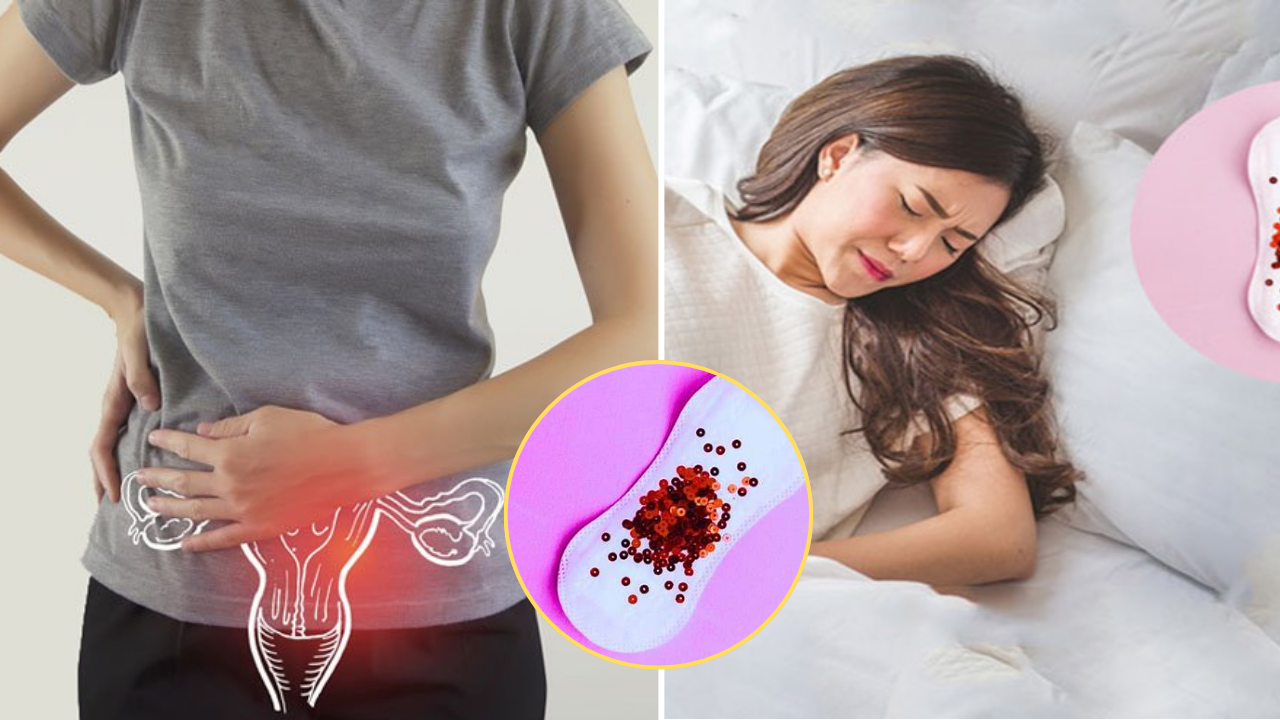Why It’s So Dangerous for Doctors to Dismiss Heavy Periods as ‘Normal’
Heavy periods, medically known as menorrhagia, are often brushed aside as a common inconvenience or even a normal part of menstruation. However, this dismissive approach can have dangerous consequences, as excessive menstrual bleeding may be a warning sign of underlying health conditions. Studies indicate that up to two in three women may experience heavy periods at some point, and for many, these symptoms signal more serious health issues that require proper diagnosis and treatment.
The Reality of Menorrhagia
Menorrhagia is defined as excessive menstrual bleeding that lasts more than seven days or involves passing large clots, necessitating frequent changes of sanitary products. For those affected, heavy periods can lead to a cascade of physical, emotional, and social issues. Women may experience extreme fatigue, mood changes, pain, and discomfort, all of which can severely impact their quality of life and even their ability to work or participate in daily activities.
In addition to these challenges, heavy periods can also lead to iron deficiency anemia, a condition that occurs when blood loss reduces the body’s iron stores. Anemia brings a new set of symptoms, such as extreme tiredness, dizziness, weakness, and, in severe cases, heart complications. For many women, this condition goes untreated because they are told that their heavy periods are simply part of their body’s normal functioning.
The Underlying Conditions Linked to Heavy Periods
Heavy menstrual bleeding is often symptomatic of more complex health issues. These may include:
- Fibroids and Polyps: Noncancerous growths in the uterus, such as fibroids and polyps, are common causes of heavy periods. Fibroids, which are typically benign, can enlarge the uterine cavity, increasing the surface area that sheds during menstruation. Polyps, on the other hand, can form on the lining of the uterus and disrupt normal bleeding patterns, leading to excessive blood loss.
- Endometriosis: Endometriosis is a chronic condition in which tissue similar to the lining of the uterus grows outside the uterus. This tissue responds to hormonal changes during the menstrual cycle, causing inflammation, pain, and often heavier bleeding. For some, the severity of pain and bleeding associated with endometriosis is debilitating, yet it can take years to receive a proper diagnosis.
- Polycystic Ovary Syndrome (PCOS): PCOS is a hormonal disorder that can lead to irregular, heavy, or prolonged periods. This condition often causes the uterine lining to build up excessively, resulting in heavier menstrual flow.
- Blood Clotting Disorders: Certain blood disorders, such as von Willebrand disease, impair the body’s ability to clot properly, which can lead to prolonged and excessive bleeding during periods.
- Hormonal Imbalances: Conditions like thyroid disorders can also affect menstrual cycles. Hypothyroidism, for instance, can lead to irregular and heavy bleeding due to an imbalance in hormone production.
The Importance of Taking Heavy Periods Seriously
Because heavy periods can stem from multiple underlying health issues, it’s crucial for women experiencing these symptoms to seek medical advice. However, many report that doctors often downplay their concerns, attributing heavy bleeding to stress or natural body variation. This dismissal not only delays diagnosis but also leaves women to endure prolonged discomfort and health risks. In some cases, heavy bleeding can signal even more serious health problems, such as uterine cancer.
Steps Toward Better Health Outcomes
Healthcare professionals are urged to adopt a more proactive approach to women’s reproductive health, especially in cases of excessive menstrual bleeding. Proper diagnostic tests, such as ultrasounds, blood work, and sometimes biopsies, can help determine the root cause of heavy periods. By identifying and treating the underlying issues, doctors can significantly improve their patients’ quality of life and reduce the risk of more severe health consequences.
For women, understanding that heavy periods are not necessarily normal is key. If you experience bleeding that disrupts your daily life, lasts longer than usual, or is accompanied by other symptoms such as severe pain or fatigue, it’s essential to advocate for yourself in medical settings. Seek a second opinion if necessary and push for thorough testing, as early diagnosis can lead to more effective treatment and a better long-term outcome.
In sum, heavy periods are more than just a monthly inconvenience. They are often a sign that the body needs medical attention, and ignoring them could mean allowing serious conditions to go unchecked.






